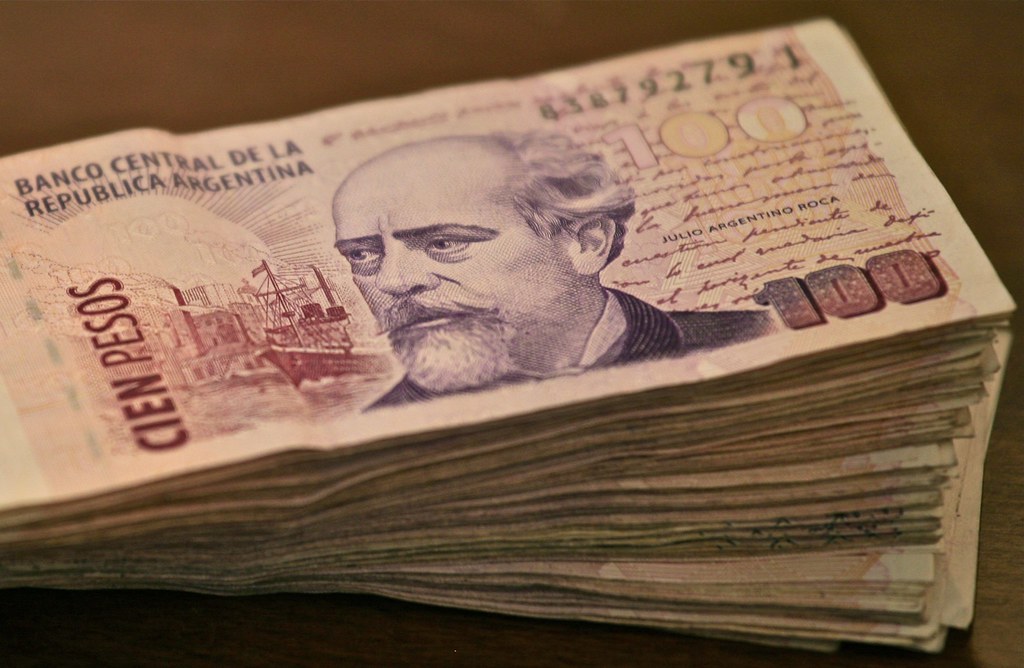President Vladimir Putin said on Wednesday that the BRICS countries – Brazil, Russia, India, China, and South Africa – are currently working on setting up a new global reserve currency.
“The issue of creating an international reserve currency based on a basket of currencies of our countries is being worked out,” he said at the BRICS business forum.

According to the Russian president, the member states are also developing reliable alternative mechanisms for international payments.
Earlier, the group said it was working on setting up a joint payment network to cut reliance on the Western financial system. The BRICS countries have been also boosting the use of local currencies in mutual trade.
Vladimir Putin recently revealed that the BRICS countries (Brazil, Russia, India, China, and South Africa) are actively working towards establishing a new global reserve currency. During the BRICS Business Forum, Putin stated that they are exploring the creation of an international reserve currency based on a basket of their respective currencies. Simultaneously, the member states are developing reliable alternative mechanisms for international payments, aiming to reduce dependence on the Western financial system. However, former Indian ambassador to Russia, DB Venkatesh Varma, cautioned that while national currencies may play a larger role in intra-BRICS trade, expecting complete “de-dollarization” is impractical.
Varma acknowledged that BRICS is undertaking a significant initiative by exploring alternatives, recognizing the necessity for diversification. The dominance of the US dollar as the global reserve currency has posed an increasing risk, particularly since February of the current year. Nevertheless, Varma highlighted that transitioning away from the dollar cannot occur overnight and is subject to market forces beyond the control of powerful governments.
The success of any proposed alternative reserve currency hinges on market acceptance. Varma emphasized that while governments and central banks play crucial roles, the final judgment lies with the market itself. Each central bank will assess the proposed mechanisms based on their effectiveness in managing risks and their acceptance by national and international markets.
Despite the ongoing efforts of the BRICS countries, challenges persist in establishing alternative reserve currencies and payment systems. The journey towards reducing reliance on the US dollar as the global reserve currency is a complex and gradual process that requires market acceptance and careful risk management.
An analysis of the news
The news above discusses the efforts of the BRICS countries (Brazil, Russia, India, China, and South Africa) to explore alternatives to the existing global reserve currency system, particularly the dominance of the US dollar. Russian President Vladimir Putin highlighted that the BRICS countries are working on creating an international reserve currency based on a basket of their currencies, indicating a desire to reduce reliance on the US dollar.
Additionally, the article mentions the BRICS countries’ intention to develop alternative mechanisms for international payments. This indicates a broader objective of establishing a more independent financial infrastructure that is less dependent on the Western financial system.
Former Indian ambassador to Russia, DB Venkatesh Varma, provided some insights into the practical challenges associated with transitioning away from the US dollar. While he acknowledged the importance of exploring alternatives, he cautioned that complete “de-dollarization” is impractical and that national currencies are likely to play a greater role in intra-BRICS trade.
Varma also emphasized that any proposed alternative reserve currency or payment mechanism would need to be accepted by the market. The success of these initiatives would rely on factors such as risk management and market acceptance, which are beyond the control of individual governments or central banks.
Overall, the news highlights the BRICS countries’ collective efforts to explore alternatives to the current global reserve currency system, driven by concerns about over-reliance on the US dollar and the associated risks. However, it also acknowledges the practical challenges and complexities involved in implementing such alternatives, indicating that the process would require careful consideration and market acceptance.
SOURCE: NEWS AGENCIES






